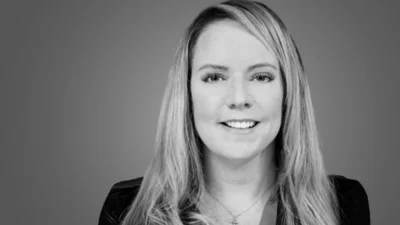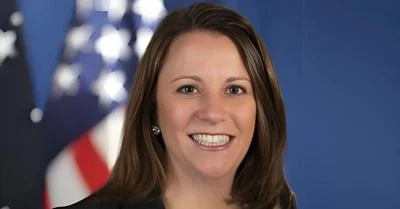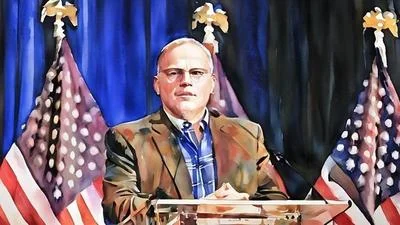On September 13 in Abuja, Special Presidential Envoy for Climate John Kerry joined the Government of the Federal Republic of Nigeria as it signed a Letter of Intent between the Nigerian government, represented by Minister for Environment Mohammed Abdullahi, and seven companies - AB InBev, Akamai, HP, Iron Mountain, Lady Lawyer Foundation, Rife International, and Unilever - to support the clean energy transition by working to procure clean energy in Nigeria. Together, the companies seek to unlock investment in clean energy infrastructure arising from commercial and industrial sector operations. Many of these companies are already working with their supply chain partners in Nigeria and confirm the desire to support their suppliers with clean energy procurement once suitable options are available.
This collaboration will help develop robust, reliable, transparent, cost-competitive, and credible procurement options that comply with labor laws in Nigeria to help meet clean energy targets, increase energy security, and enable corporations to reduce their greenhouse gas emissions.
The Clean Energy Demand Initiative (CEDI) serves as a platform for stakeholder engagement and country partnerships and creates a venue for companies and countries to signal investment potential in clean energy, share experiences, and support each other on policy reform that contributes to affordable and resilient energy systems to drive economic growth. Today, Nigeria and corporate partners have signaled support for principles to enable corporate renewable procurement, ramping up deployment and accelerating the energy transition in support of global climate goals.
For further media information, contact ENR-PD-clearances@state.gov.








